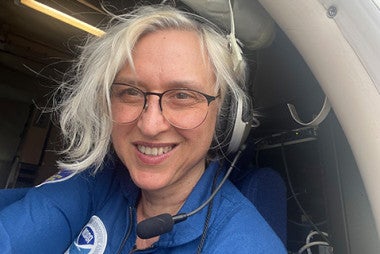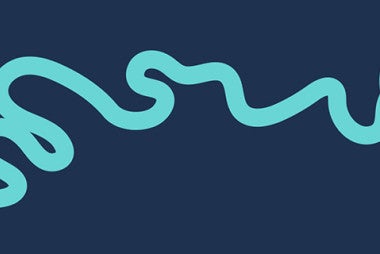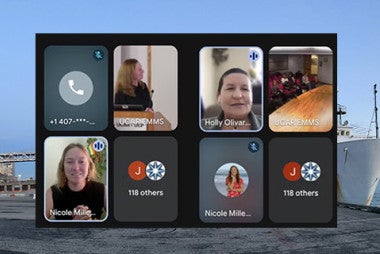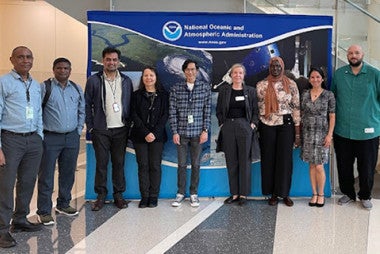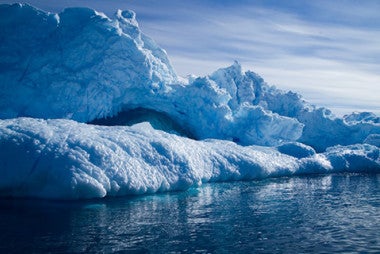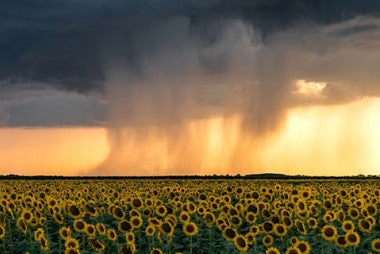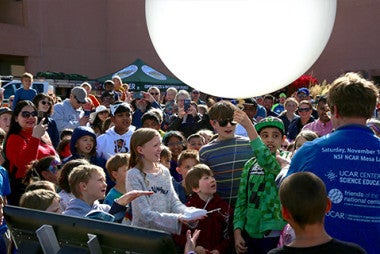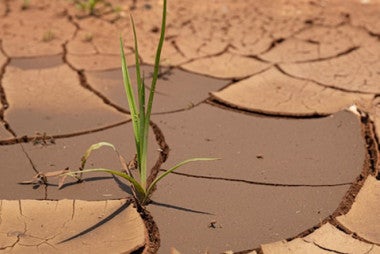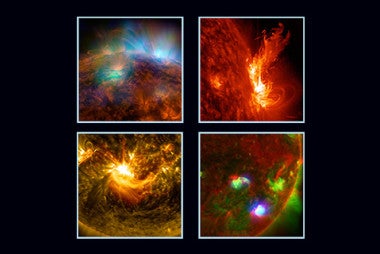Current NASA Jack Eddy Fellows Celebrated!
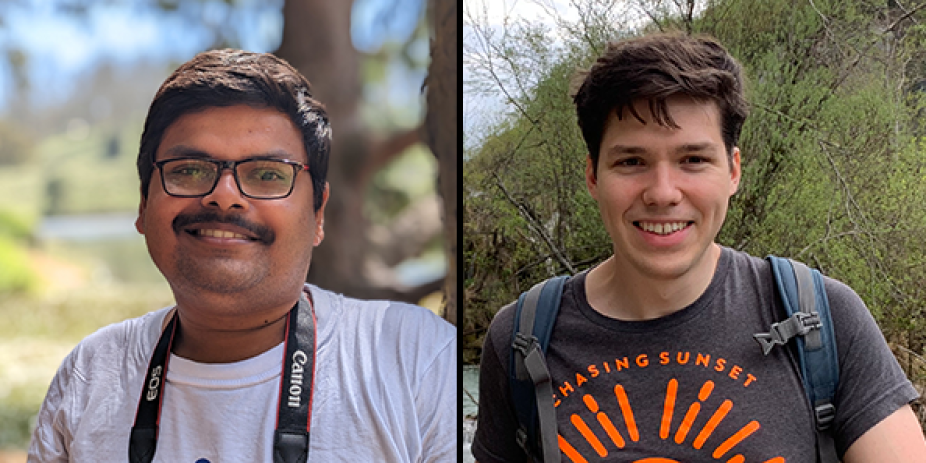
2023 NASA Jack Eddy Fellows: Devojyoti Kansabanik and Robert Jarolim honored for their theses.
The International Astronomical Union (IAU) recognizes the outstanding scientific achievements of astronomy among Ph.D. students worldwide for the best Ph.D. thesis. This year, two of our current NASA Jack Eddy postdoctoral fellows were recognized:
- Robert Jarolim, “Frontiers of Artificial Intelligence in Solar Physics.” The IAU found his thesis “excellent and innovative.”
- Devojyoti Kansabanik, “Deciphering Radio Emission from Solar Coronal Mass Ejections Using High-fidelity Spectropolarimetric Radio Imaging.”
"Each of the IAU’s nine Divisions awards a prize to the candidate it identifies as having carried out the most remarkable work in the previous year, with the nine Divisions agreeing to jointly award an extra prize, the IAU PhD Prize-at-large. This year, the IAU received 65 PhD thesis applications, defended between 16 December 2022 and 15 December 2023. Divisions have also awarded eight honourable mentions, while no award has been given by Division A. Each PhD prize winner will receive airfare, registration fee, and accommodation to attend the IAU XXXII General Assembly, which will be held in August 2024 in Cape Town, South Africa. Certificates will be awarded at Division Days, where, at the discretion of the Division, prize recipients may have an opportunity to present their thesis work." "The IAU is the international astronomical organisation that brings together more than 12 000 active professional astronomers from more than 100 countries worldwide. Its mission is to promote and safeguard astronomy in all its aspects, including research, communication, education and development, through international cooperation (Source)."
Of Robert's thesis, Cristina Mandrini, and the Division E Steering Committee “found Robert Jarolim's thesis excellent and innovative. This thesis is devoted to the role of artificial intelligence (AI) in automatically identifying structures in solar images, performing transformations between different image domains, and assessing the quality of ground-based observations. Dr. Jarolim has also applied deep learning to perform magnetic field extrapolations and constrain the 3D global plasma distribution of the solar atmosphere. All his works are relevant to understanding the physical problems underlying the solar phenomena analysed. Dr. Jarolim’s list of publications is extensive (Source).”
Devojyoti received an honorable mention for Division E, the Sun and Heliosphere for his work on “Deciphering Radio Emission from Solar Coronal Mass Ejections Using High-fidelity Spectropolarimetric Radio Imaging.”
Both Robert and Devojyoti are members of the 2023 NASA Jack Eddy Postdoctoral Fellowship class. This two-year fellowship is designed to train the next generation of interdisciplinary heliophysics researchers. It matches early-career PhDs with experienced scientists at U.S. host research institutions. It was established by NASA’s Living With a Star program and UCAR | CPAESS in 2009. This prestigious fellowship program is named after pioneering solar researcher John A. “Jack” Eddy.
Currently, Robert Jarolim is researching "Physics-informed neural networks for the simulation of solar magnetic fields" in consultation with his host Dr. Matthias Rempel at NCAR | HAO. His Ph.D. thesis was from his studies at the University of Graz. Devojyoti Kansabanik is working on "Remote Sensing of CME-entrained Magnetic Fields" with his host Dr. Angelos Vourlidas at The Johns Hopkins University Applied Physics Laboratory. Devojyoti's thesis was written for his Ph.D. program at the National Centre for Radio Astrophysics, Tata Institute of Fundamental Research.
We are so proud of this international acknowledgement of your excellent work. We are also delighted you are in the NASA Jack Eddy fellowship currently expanding on your research and expertise in the field of heliophysics. Read more about the IAU recognition in their release.
